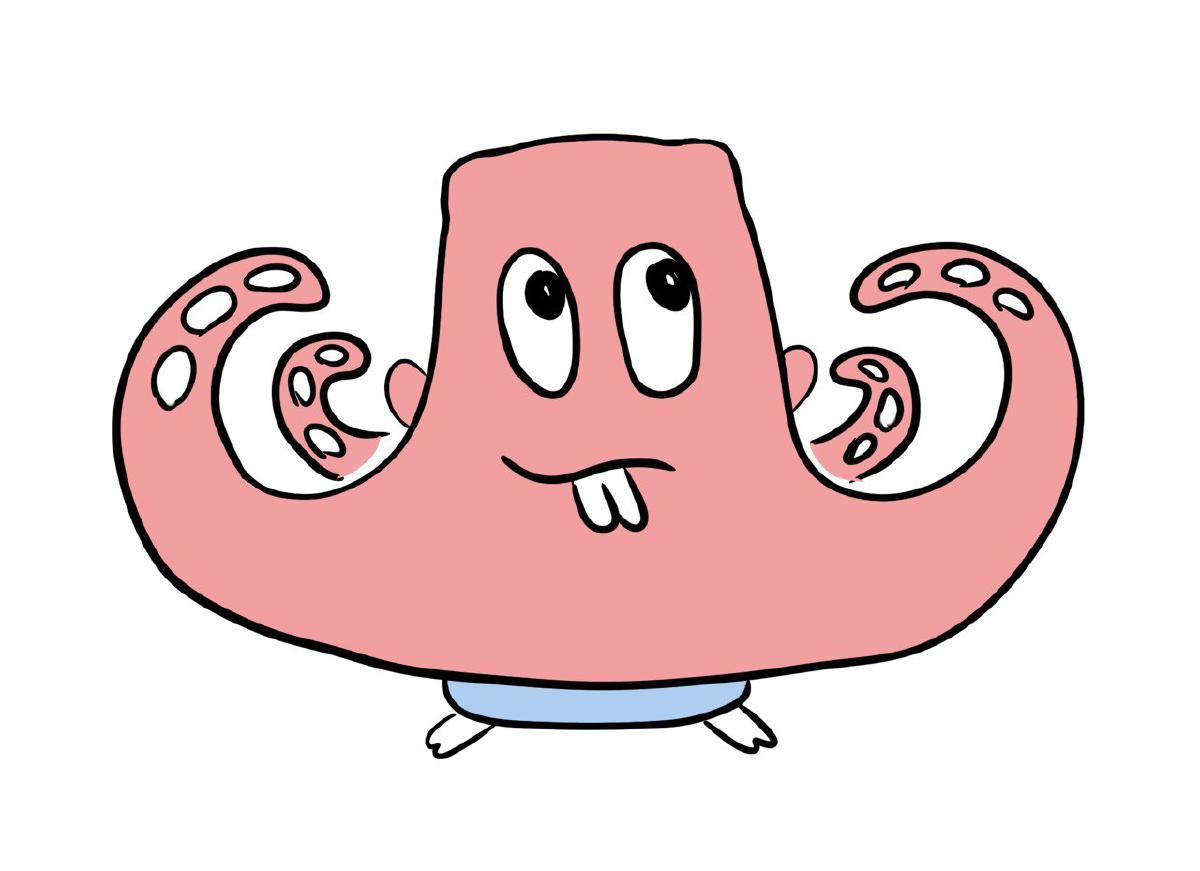![Notes from Ash Huang If you define a first draft as a manuscript you can read front to back without bumping into [tktktktk tense confrontation scene], it just takes me a w](https://notes.ashsmash.com/placeholder-social.jpg)
Notes from Ash Huang
If you define a first draft as a manuscript you can read front to back without bumping into [tktktktk tense confrontation scene], it just takes me a while to get there, and I get there with a relatively clean set of scenes. They may not be in quite the right order, but the energy is generally high.
What I consider my first draft is far from readable. I typically have a beginning, an end, and roughly only 25–30k words in between. The lines between draft 1–3 are malleable. They are more a set of milestones than a readable, ‘finished’ manuscript someone could actually get through end to end. Stuff is still congealing, sections are missing all the way until I’m done with draft 3 or 4.
Early drafting is entirely to figure out what I am writing and why. I’m always exploring something that cuts me deep. I can’t help it. I tried to write a jaunty book about a spy and got a treatise on intergenerational, matrilineal trauma shaped by war. I tried to write about the Chosen One and got a story about her 30-something anonymous granddaughter, and the fractious society she lives in.
Forget the ‘planner or pantser’ dichotomy. Do you tense up like a fish in a net when someone says, ‘my characters are always surprising me’? Mine sure do. They appear in corners or leave scenes before I plan for them to. They delete themselves, take on extra meaning, fight about nothing. This is probably because I live in a state of persistent surprise. I am startled by morning sunshine. Human cruelty continues to stun me. I am undone by a perfectly runny yolk. Why shouldn’t people in my head do the same?
















